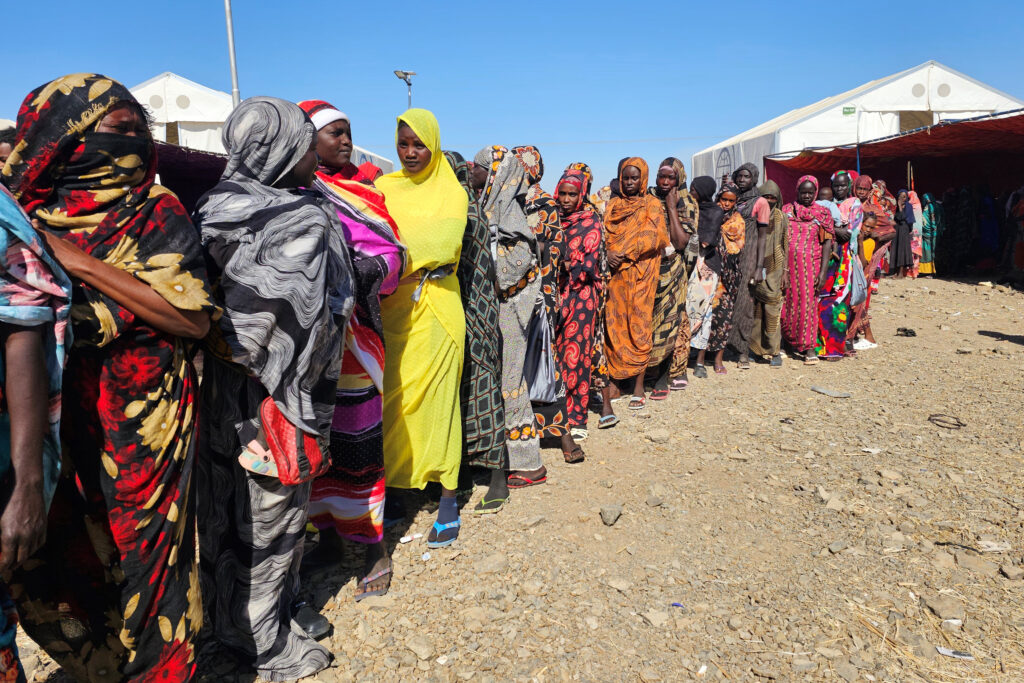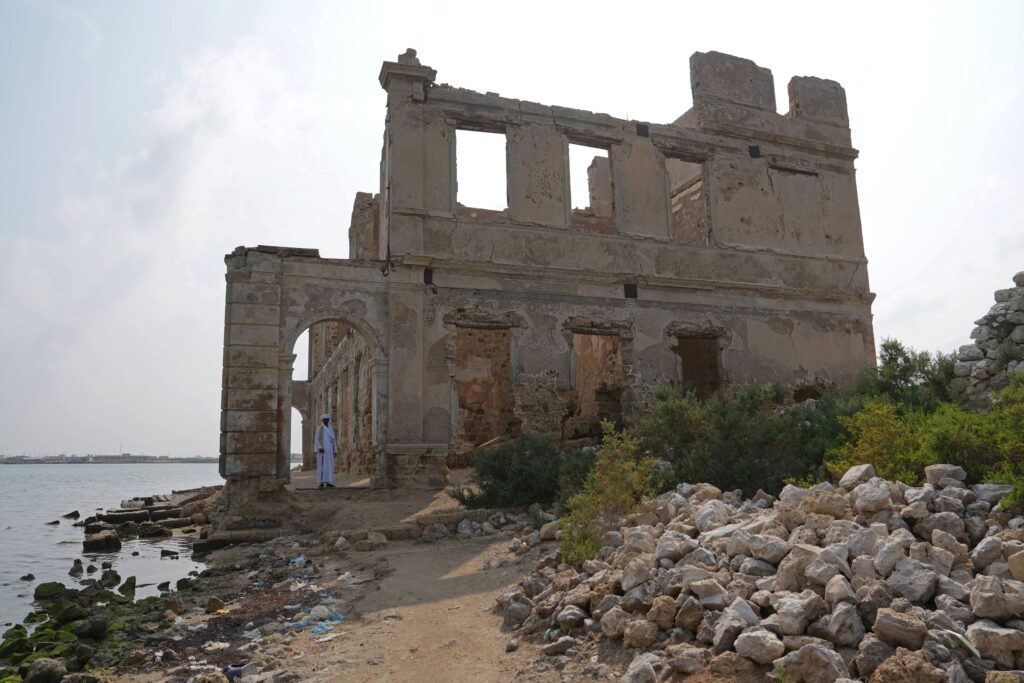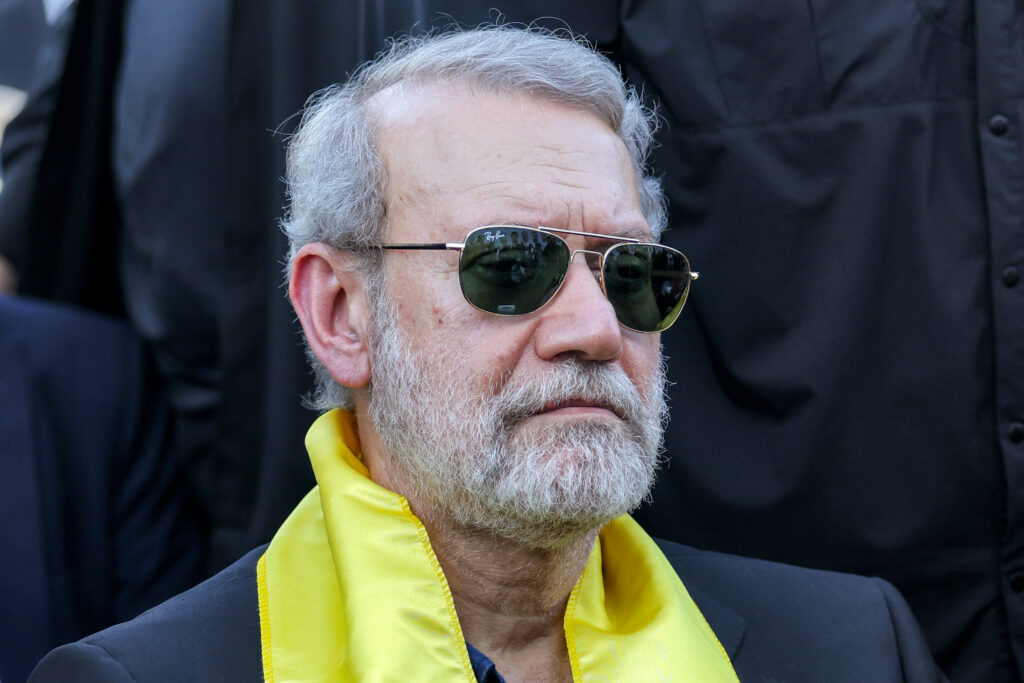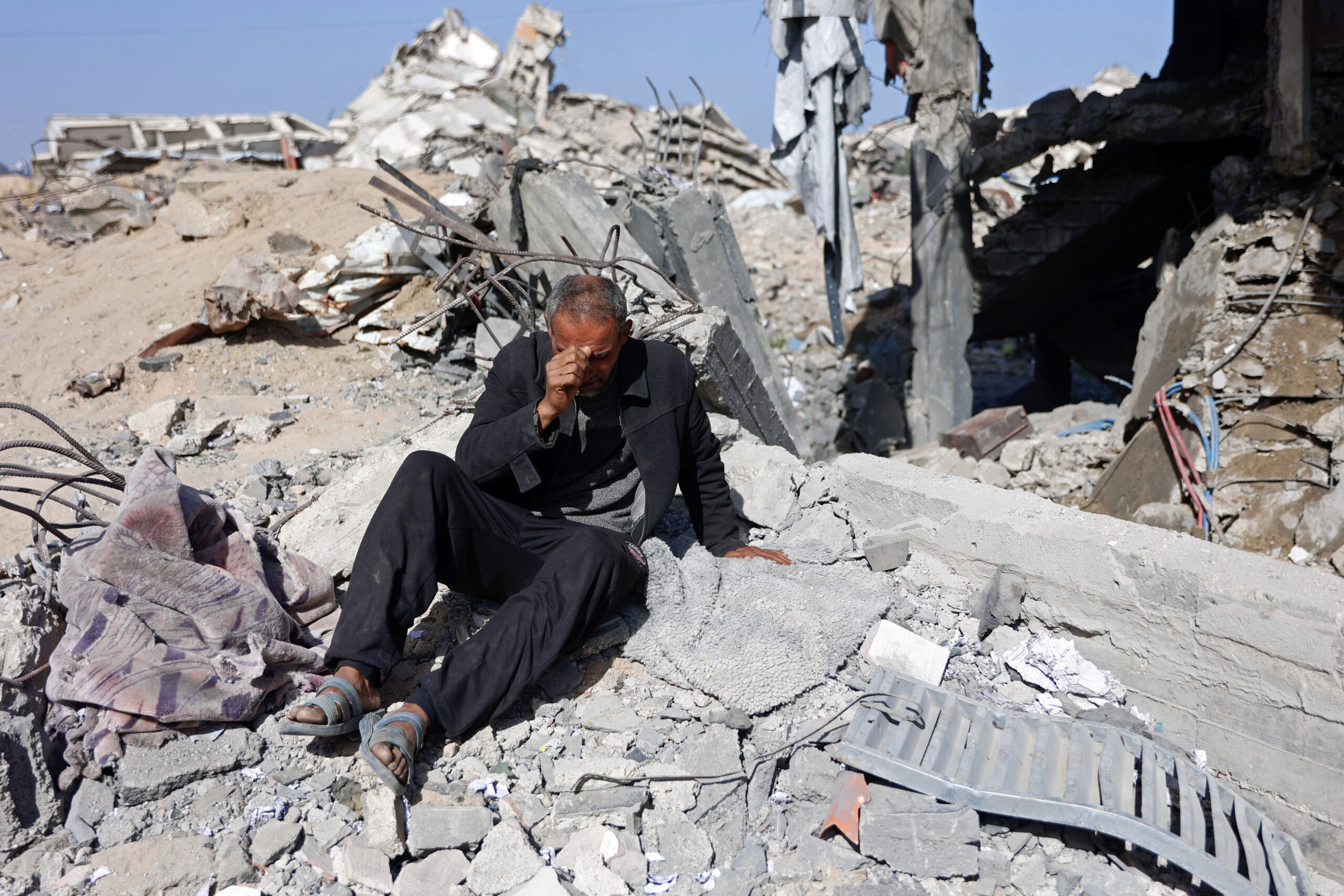Famine spreading in Sudan’s Darfur, UN-backed experts warn
Famine is spreading in Sudan’s western Darfur region, UN-backed experts warned on Thursday, as a grinding war between the army and paramilitary forces has left millions hungry, displaced and cut off from aid.Since April 2023, the conflict between Sudan’s army and the paramilitary Rapid Support Forces (RSF) has killed tens of thousands, displaced 11 million and triggered what the United Nations calls one of the world’s worst humanitarian crises.In an alert issued by the Integrated Food Security Phase Classification (IPC), global food security experts said that “famine thresholds for acute malnutrition have now been surpassed” in North Darfur’s contested areas of Um Baru and Kernoi, near the border with Chad.”These alarming rates suggest an increased risk of excess mortality and raise concern that nearby areas may be experiencing similar catastrophic conditions,” the IPC experts said.They added that the spread of famine came as the paramilitary takeover of North Darfur capital El-Fasher led to “massive displacement” of civilians into surrounding areas, “straining the resources” of local communities and “driving up acute food insecurity and malnutrition”.El-Fasher, long the Sudanese army’s final stronghold in Darfur, fell to the RSF last October after 18 months of bombardment and starvation.Its fall — which was accompanied by reports of mass killings, rape and abductions — pushed at least 127,000 people to flee to nearby towns already under strain, according to UN data.Both warring sides have been accused of committing atrocities throughout the war.The UK on Thursday sanctioned six people accused of carrying out atrocities or contributing to the violence by providing mercenaries and military equipment.The measures targeted senior commanders in both the army and the RSF.”Through these sanctions, we will seek to dismantle the war machine of those who perpetrate or profit from the brutal violence in Sudan,” British foreign minister Yvette Cooper said in the statement.- Fragile areas -Thursday’s alert, which is not a formal famine classification, signals severe food security and nutrition crises based on the latest data.It comes nearly three months after the IPC confirmed famine conditions in El-Fasher and Kadugli, the capital of South Kordofan, about 800 kilometres (500 miles) to the east.Kadugli endured a punishing RSF siege for much of the country’s nearly three-year conflict before the army broke the blockade this week. Nearby Dilling, where the army also broke an RSF siege earlier this month, is believed to be experiencing similar famine conditions though lack of access and ongoing insecurity has prevented a formal declaration.The IPC said that 20 more areas in Sudan’s Darfur and neighbouring Kordofan were at risk of famine.Across Darfur, access to lifesaving and nutrition services remains severely constrained, the IPC said.In Um Baru, children with severe acute malnutrition have little access to treatment, while in Kernoi only 25 percent of affected children are enrolled in treatment programmes, it added.Fighting between the army and the RSF in Kordofan — now a key battleground — has displaced about 88,000 people since October, the latest UN figures show.The IPC experts said that prolonged displacement, conflict, and erosion of health, water and food systems “are expected to increase acute malnutrition and food insecurity”.Across Sudan, more than 21 million people — almost half of the population — are now facing acute food insecurity, with two-thirds of the population in urgent need of assistance, according to the UN.





